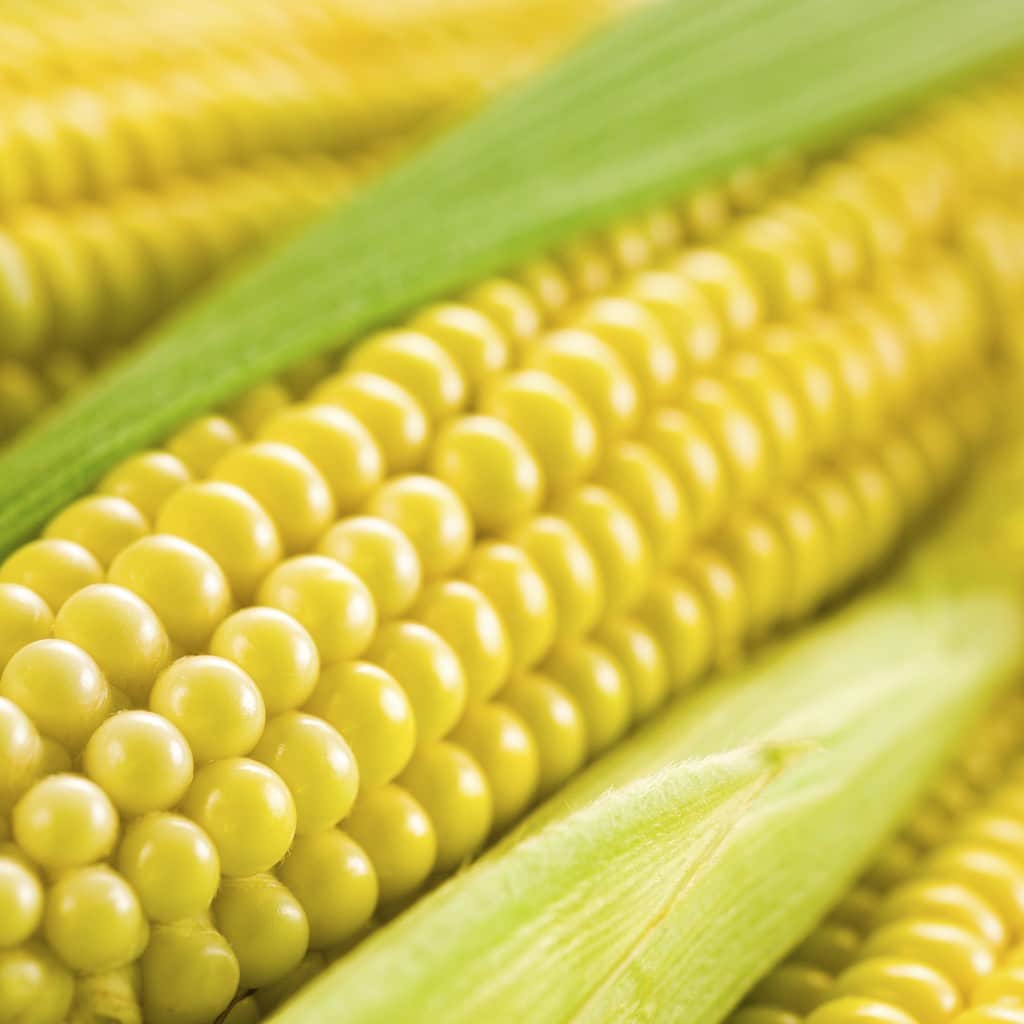After five years of uncertainty about its intent regarding genetically-modified (GMO) corn, China has given Syngenta AG’s Viptera seed approval for import Syngenta. The approval comes after farmers have filed lawsuits alleging that they were injured financially by the long delay in China’s approval of the seeds. According to the lawsuits, Syngenta allegedly crippled the United States corn market by promising that China would import the seeds much earlier. Instead, China put a zero-tolerance policy on MIR 162. It also blocked the importation of any corn into China that had been co-mingled with the GMO seeds.

The Viptera Seed Approval and Lawsuit at a Glance
If you grow corn in the U.S., here’s what you need to know about the Viptera seed approval:
- The price of corn in the U.S. has fallen since 2013. According to court documents, farmers and seed manufacturers have said China’s delay in importing the GMO corn has hurt them financially.
- In November 2013, China began refusing the MIR 162 corn, which led to its no-tolerance policy. China’s decision allegedly led to a lower corn price, which farmers have claimed have hurt them financially.
- The Viptera seed approval does not prevent a farmer from filing a GMO corn lawsuit. The lawsuit alleges that Syngenta made a promise to farmers, stating that China would approve the GMO corn soon. Farmers who believe they have experienced a financial loss because of Syngenta’s promise and China’s delay may still have a claim.
- Corn farmers did not have to plant the MIR 162 GMO corn to have a claim. Any corn farmer who believes he or she may have experienced financial hardship as a result of the delay may still have a claim.
Seed Approval
China has taken longer than expected to authorize the Viptera seed approval. Because of the delay, China rejected shipments of corn that tested positive for GMO seeds and other shipments that may have been mixed with crops that were not grown using the modified seeds. According to the National Grain and Feed Association, the rejection cost farmers and seed distributors more than $1.14 billion.
Syngenta Corn Lawsuits
According to court documents, farmers and seed manufacturers allege that the delay in Viptera seed approval significantly damaged them financially. They allege that promises Syngenta made regarding its GMO seeds and China’s approval led to more farmers planting the seeds. Farmers, seed manufacturers and grain elevators have suffered financially as a result of the promises and delay, they claim.
The Syngenta lawsuits will continue despite China’s recent Viptera seed approval. According to attorneys for the plaintiffs, farmers were damaged by China’s initial refusal to accept shipments of corn. Because the GMO corn may have cross-pollinated with non-GMO seeds and been co-mingled in grain elevators and barges, farmers need not have planted Syngenta Viptera to file a lawsuit and pursue a claim.
Do You Have a Claim Against Syngenta?
If you are a farmer who grows corn, you may be eligible to pursue a monetary compensation. If you have a claim, Attorney Group can connect you with an affiliated attorney to help you file a lawsuit. Call Attorney Group to learn more about the Syngenta lawsuit and your rights.






